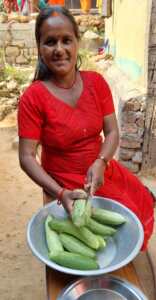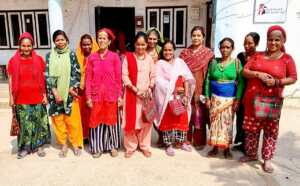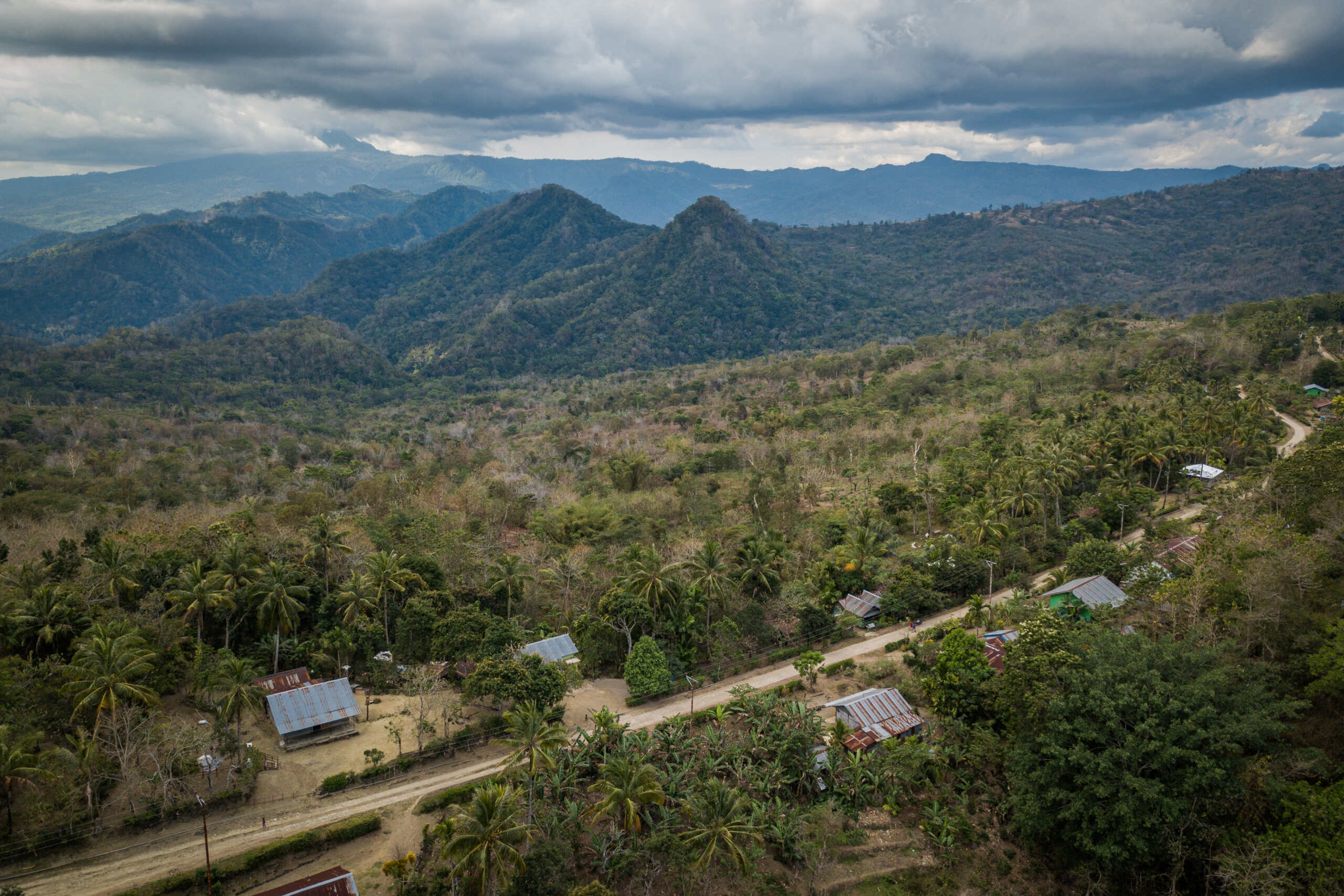The Laliguras – a self-help group having a big impact
Stories | October 10, 2023
Reflections from CBM Australia Program coordinator.
One of the things I enjoy most about working for CBM Australia is being able to see firsthand the real difference we are making to the lives of people with disabilities. My recent trip to Nepal was no exception.
Since 2020, CBM Australia has been supporting a community mental health project in a small rural municipality nestled in Nepal’s Karnali Province. Before the project began, there was limited support for mental health in the community from the local government. However, in just three years, great progress has been made to improve mental health support in the community.
The local government now has a mental health policy in place with allocated budgets to support mental health initiatives, such as awareness raising activities, the procurement of medications, and providing livelihood grants for self-help groups, such as the Laliguras.
Named after Nepal’s national flower (a red Rhododendron), the Laliguras is a group of 21 people with mental health issues, who gather monthly to share experiences, talk about their health, and importantly, to provide a supportive environment.
For Manisha, who experienced depression for many years, the group plays an important role in her sense of belonging.
“I always look forward to our monthly meetings because it reassures me that I’m not alone, that there are other people who understand what I’m going through. I feel safe in the group, and I feel I belong.”
And that’s not all. With support from the project partner, the Laliguras have made great strides forward. They are actively helping to improve community understanding of mental health and disability rights and are participating in livelihoods activities to build their skills and earn more money – activities that have been vital in reconnecting with their community after being excluded for far too long.
The Laliguras have also set up a saving groups, where each member contributes money which they can access for emergency or livelihood purposes, with very low interest.
Sunita, a member of the Laliguras who grows and sells cucumber at her local market says, “Our experience demonstrates a lesson for the community that mental health conditions can be treated, we can get better and help our families. Other members of the group raise goats, grow vegetables, run grocery shops. Being productive helped us not only with our recovery but allowed us to contribute to our family’s economic needs.’

Image 1 Sunita preparing her cucumbers which she grows and sells at markets.
The local government has also recognised the good work of the Laliguras, with the Vice-Chairperson stating, ‘they are effective partners in raising community awareness on mental health and reducing discrimination against people with mental health conditions. We have a lot of work to do particularly around accessibility and inclusion, but I think we are going in the right direction towards supporting people with mental health conditions in the municipality.’
The good work does not stop there. By working with self-help groups, the government has now mainstreamed mental health in the municipality’s policies and programs – a decision that will further improve the lives of people with mental health issues.

The Laliguras dressed in red after Nepal’s national flower.
CBM acknowledges the support of the Australian Government through the Australian NGO Cooperation Program (ANCP) and thanks our partner the National Federation of Disabled, Nepal.
https://www.cbm.org.au/stories/the-laliguras-a-self-help-group-having-a-big-impact
Related Stories

Week 2 – Lent series 2026
As we continue our Lent journey, we’re grateful to share a heartfelt reflection from CBM Australia’s Head of Program Impact Operations, Kieran Cummins, who...

Building inclusive, climate resilient communities in Bangladesh
Highlights from DFAT Post’s visit In January 2026, representatives from the Australian High Commission in...

Week 1 – Lent series 2026
As we enter the season of Lent, we’re taking time as a community to pause, reflect, and draw closer to the heart of God. Lent invites...
